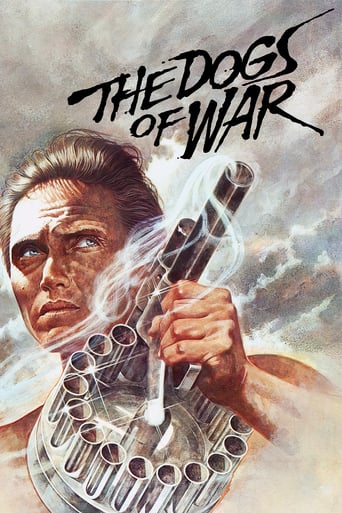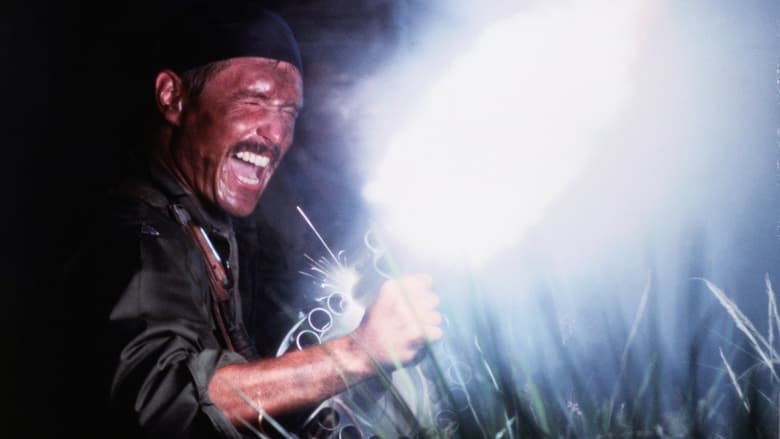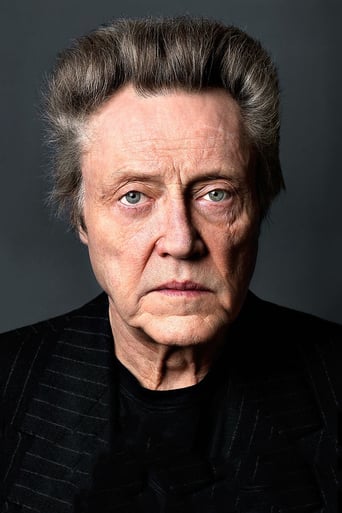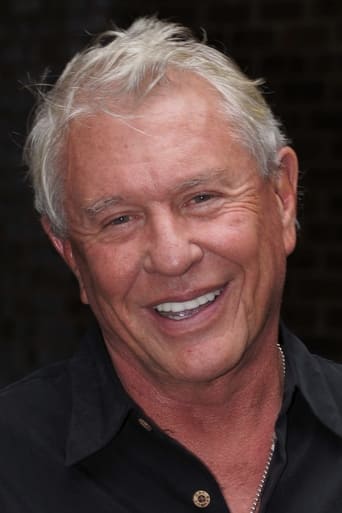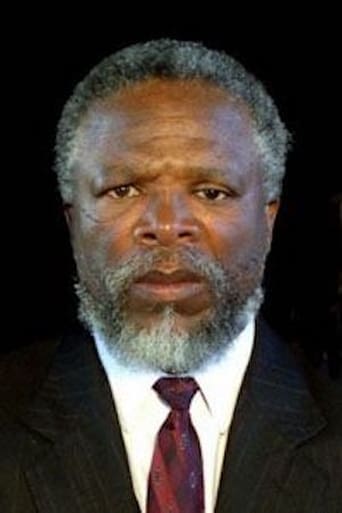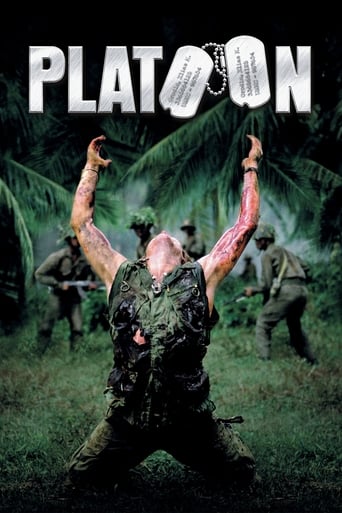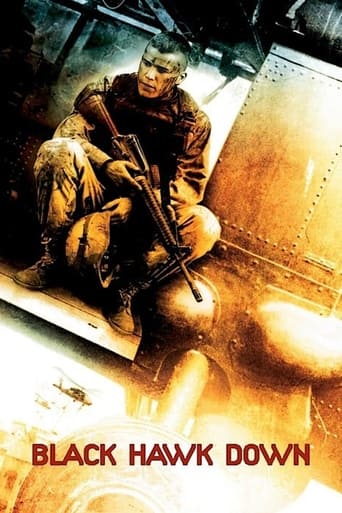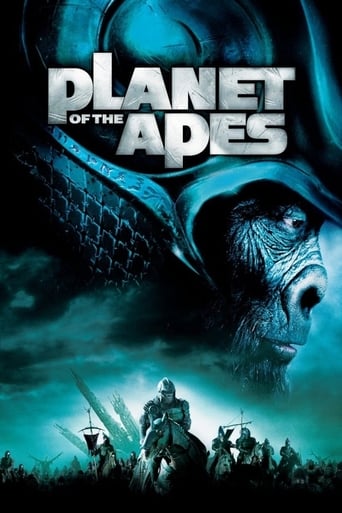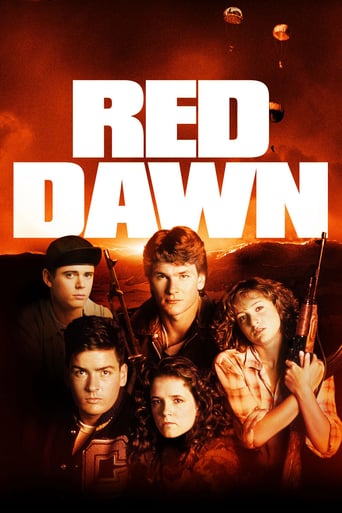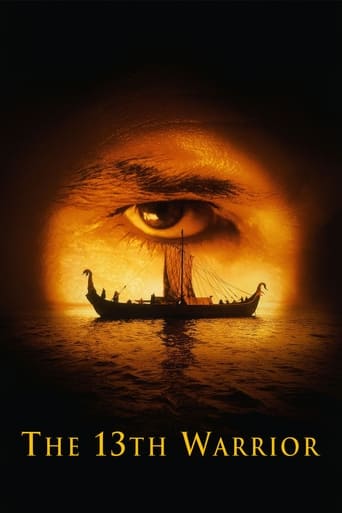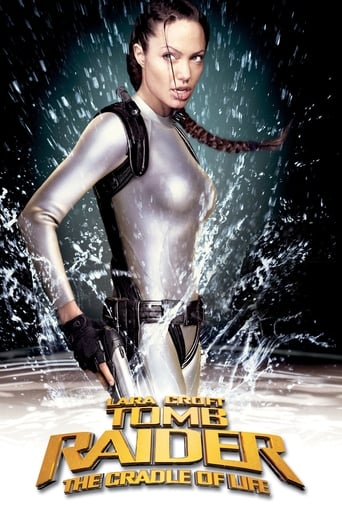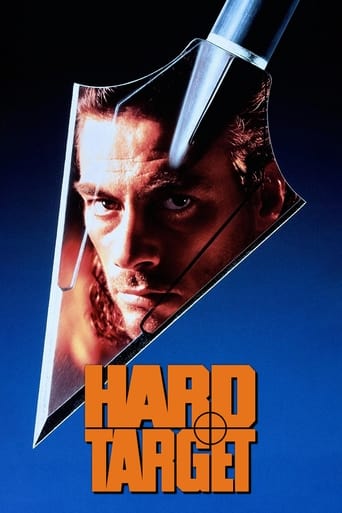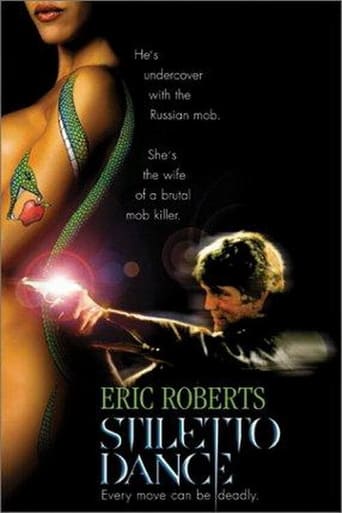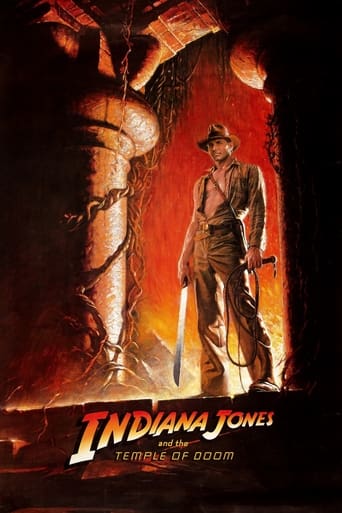The Dogs of War (1981)
Mercenary James Shannon, on a reconnaissance job to the African nation of Zangaro, is tortured and deported. He returns to lead a coup.
Watch Trailer
Cast


Similar titles
Reviews
"The Dogs of War" of 1974 is an early third world action film that combines several themes. A tyrant is in control of the fictitious African country of Zangaro. The local people are oppressed. A British mining company eyes the country for its deposits of a rare mineral. A rebel leader in exile has designs on a coup and taking over the rule of the country. The industrialists and he strike up a deal. The mining group hires Jammie Shannon to organize and lead a mercenary force to overthrow the reigning tyrant, and install the new tyrant who will be friendly to the money mongers. Shannon goes to the country to scout it out and he is tortured by the leader's henchmen. So, he also has a personal score to settle. Christopher Walken plays Shannon, and he assembles a group of former fellow mercenaries. They do the job, but it's not quite how the exiled rebel leader, the mining moguls or the reigning tyrant expected. For all of their killing and mayhem, the mercenaries have something of a code of ethics. The personal danger in films like this is that a person may find oneself applauding or favoring the killing of many people. However bad they are, this is violence on a large scale. Walken and the entire cast do very well in this action thriller. It was filmed in Belize. The movie is based on a novel by British author Frederick Forsyth (born Aug. 25, 1938). He is one of the more popular authors of crime-suspense-thriller-action stories on whose books movies have been made since the third quarter of the last century. Two other such authors are John le Carré and John Grisham. Forsyth had considerable experiences and background in the milieu in which his novels are set. Forsyth was an RAF fighter pilot during the Cold War, and is a former newspaper reporter and spy. He joined Reuters news service in 1961 and the BBC in 1965. During that time, he served as an assistant diplomatic correspondent. He had covered the Nigerian civil war in 1967 when the BBC decided to end its coverage in favor of the growing coverage of the Viet Nam war. So, Forsyth quit the BBC and returned to Biafra on his own. He spent two years reporting on and observing that civil war as he wrote his first book. During that time and for some 20 years, he worked as a spy for M16 British Intelligence. Several of Forsyth's books have been made into movies – some with considerable alteration. His books have sold more than 70 million copies. The fictional country in this movie is based upon Equatorial Guinea, which once was a Spanish colony. Among Forsyth's other best- selling novels that have been made into movies are "The Odessa File" in 1974, "The Fourth Protocol" in 1987, "The Day of the Jackal" in 1997, the TV movie, "Icon," in 2005, and "Avenger," another TV movie in 2006.The expression "dogs of war" may first have been used by William Shakespeare. It appears in a line from his 1599 play, "Julius Caesar." In Act III, Scene 1, Antony bereaves the murder of Caesar and says loudly toward the end, "Cry 'Havoc!' and let slip the dogs of war." Another film, about WW II, used part of this same line. "Cry Havoc" of 1943 was about the Army nurses on Bataan who were caring for the Allied wounded and who became prisoners of the Japanese.
The Dogs of War was a techs and specs special ops novel by Frederick Forsyth before it was adapted into this film starring Christopher Walken.The adapting screenwriters made an interesting choice to depart from the book in one central way. The focus of the book is on a group strike mission to a fictional African dictatorship. This film is instead focused on the protagonist, Jamie Shannon's, solo scouting mission that precedes the group assault.Walken plays Shannon, and he is revelatory. A purebred action hero, and while thinner than most action heroes, he, in the tradition of James Coburn, pulls off every bit of the rough and dusty action the role requires. One other choice the production team makes can be off-putting. Tom Berenger is billed as a co-star, but he barely gets on screen. His character is left with almost no development, and no chemistry with Walken, simply owing to his absence from the action. Walken's solo trip to the fictional Zangara is brooding and meditative. It plays like a micro John LeCarre story in the film's sprawling, all-consuming middle. When Walken's Shannon finally assembles his multi-national strike force, a group action romp in the tradition of The Great Escape or Force 10 From Navarrone begins to build, but again, the director and producer leave all too little time for what the viewer expects will be the film's main course. Walken is very good in his role. Cinemaphiles and Walken completists cannot follow his career without study of this performance. The minor paucities in the overall sweep of the movie aside, Walken creates the character of mercenary Jamie Shannon in a way that Forsyth's book never gets around to doing--so busy is it with measuring ship cargo space and counting grenade pins.
I remember watching this film in the early 80s as my uncle was a big fan. I didn't really get it at the time but appreciated the action packed last 20 minutes or so enough to later read the book it was based upon. Needless to say as an adult I then rewatched the film with new eyes and appreciated it all the more. The movie and the book are very different but you forgive it all, the changes made in order to appeal to an American audience and to cut it down to a workable length. Some say it's nihilistic and critical of post-colonial Africa but that misses the point. Shannon and his team come across as absolute mercenaries, willing to work for revenge and whomever pays their fee. But in the end Shannon develops a conscience, killing the puppet dictator the mining corporation wishes to install in order to exploit the mineral wealth of the country, trying to save the journalist who threatens to expose their plot and avenging his murder at his employer's hands. A huge step forwards for a man who when not paid to kill perfect strangers spends his time watching mundane television and playing computer chess (a great performance from Christopher Walken, a man seemingly dead inside but who actually defies our expectations by doing the right thing). It is only in the heat of battle that Shannon and his fellow 'Dogs of War' seem to truly come alive, addicted to the adrenalin and thrill of combat. Yet in the end they care for the people of Africa whilst the refined and civilised corporate executives blatantly do not. What happens to the country after Shannon leaves it? Maybe the Dr becomes yet another dictator, corrupted by power? But I prefer to think he does a deal with the mining corporation and uses the money to build a better future for his people? In that we have the true message of this film, the mercenaries actually doing the moral thing. And let's face it, that rotary grenade launcher is SOOOOO cool!
Unspectacular, but tough and lean slow pot-boiler anti-war feature sees a stoic Christopher Walken on reconnaissance, before leading a group of mercenaries to push out the tyrant dictator of the African nation Zangora. Walken was the lone reason I decided to stick around to watch "The Dogs of War" when it appeared on TV. It's a real mixed bag, as somewhere there is so much potential, but what eventuates is something quite ho-hum. After an excellent build-up (the recon mission) formulating intrigue, tension and harbouring conflict, then midway (the planning) it still remains interesting (because of the intensity Walken and Tom Berenger) despite stodgy pacing and the last quarter (the final assault) is uninspiring and rashly staged, but the closing frames has a neat touch of irony. There's no knocking that it's more thoughtful and conniving in its narrative drive, but the context never truly pushes the boundaries, but gladly it never tries to manipulate the situation either. It's interesting seeing Walken's character really have a change of heart after his returns from his recon mission, well more so booted out with the bruises to prove it. Director John Irvin really does make you feel uncomfortable during those scenes, when it focuses on a badly beat up Walken. It was like fear had engulf his character and then he questions; is there's something better in life than what he does, but after realising he can't go back (the sub-plot midway with his girlfriend) he turns back to what he knows best and the torture he suffered would be a driving force. It almost becomes personal and what he also learns about the devious nature of the American government official he was hired by makes for a powerful climax --- the value of human life, where he would turn a blind eye but not now. Irvin's direction is competently workmanlike and straight-face with a gritty surge, stalwart pacing and some striking international locations. Not your typical war film, but a decent study.

